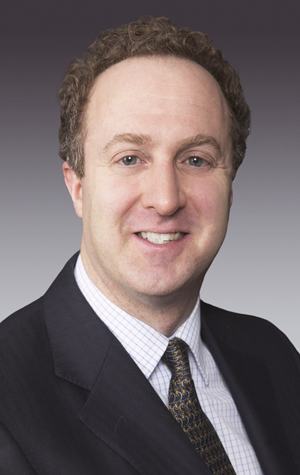Last month, the Ontario Bar Association managed to lobby successfully for further clarity of the portion of bill 14 that amends the Law Society Act, after it made submissions to the Standing Committee on Justice Policy.

As a result, the legislation now refers to paralegals as "paralegal
members" rather than "persons licensed to provide legal services."
Following the changes, bill 14, the proposed access to justice act, received third reading on Oct 5. With the bill reportedly set to pass this week, the regulation of the paralegal profession in Ontario will soon be a reality.
After bill 14 passes, the Law Society of Upper Canada will be responsible for drafting the bylaws to create the rules and guidelines that will govern the paralegal profession, based on its 2004 report proposing its approach to paralegal regulation.
While the exact content of the final bylaws is yet to be determined, in the report the law society recommended mandatory college education requirements as well as licensing exams for the profession. Errors and omissions insurance, contributions to a compensation fund, and continuing education were also recommended in the report as requirements for paralegals.
At the time, an exemption from regulation was suggested for paralegals and law clerks working under the supervision of a lawyer in a law firm, legal clinic or student clinic, as well as for union representatives appearing in labour arbitrations, mediators, bankruptcy trustees, and others.
According to Steven Rosenhek, chairman of the Ontario Bar Association's paralegal task force, "the great benefit of the bill is that it sets out a comprehensive scheme for regulation of paralegals in Ontario, which encompasses all of the kinds of things that we at the OBA have advocated for years, including mandatory educational requirements, discipline measures, requirements to carry insurance - all of the things that will protect the public from incompetent or unscrupulous paralegals."
Currently there are no regulations - discipline, sanctions, or minimum education - but "after this bill is passed and once the bylaws are enacted, there will be a regulatory structure that will ensure that people who use paralegals are protected," says Rosenhek.
"The impact on lawyers will likely be more in the work that they won't have to do to correct a lot of paralegals' mistakes that they've been encountering right now," he says.
"The public will hopefully now understand that there are paralegals who will perform certain kinds of work and have certain educational requirements, whereas lawyers do, in some cases, the same work, in other cases, different work, but have different educational requirements and different areas of expertise," he says.
While groups such as immigration consultants would not fall under the proposed paralegal regulation because they are covered by federal jurisdiction, Rosenhek adds that the OBA has been working with the Canadian Bar Association as well as provincial and federal bureaucrats in attempts to co-ordinate efforts to regulate immigration consultants as well.
"We at OBA are trying to work with the provincial government and the federal government with the view to trying to perhaps have some sort of scheme of regulation along the lines of bill 14 apply to immigration consultants as well," he says. "The status quo in terms of immigration consultants federally appears to be a disaster."
As there is no one body that speaks for all paralegals, Rosenhek adds that it is difficult to gauge what the response is regarding regulation in the profession, as some groups seem in favour, while there has been opposition from others.
Stephen Parker, past president of the Professional Paralegal Association of Ontario, tells Law Times that regulation is something his association has been waiting nearly 20 years for.
"From what I do, which is basically provincial offences representation, it is not going to affect us that much, although we will get the recognition that we've been looking for and the certification and proper licensing and code of conduct which is what we've been waiting for all these years.
"It will give us the tools to be able to stop people doing what we haven't agreed with over the years and put some level of competency on the table, as it were, and simply be given the recognition by the bench," he says.
"We're a little disappointed that the law society isn't going to license any other areas of practice at this stage, but it is something that we are certainly looking forward to working towards in the future," says Parker.
The bylaws, which will likely prove to be contentious when they are drafted, will set out the areas paralegals will be allowed to practice in.
"We support the government. In essence, there could be a lot of advantages in being regulated by the law society and we hope those advantages will materialize," Parker says.

 As a result, the legislation now refers to paralegals as "paralegal
members" rather than "persons licensed to provide legal services."
As a result, the legislation now refers to paralegals as "paralegal
members" rather than "persons licensed to provide legal services."